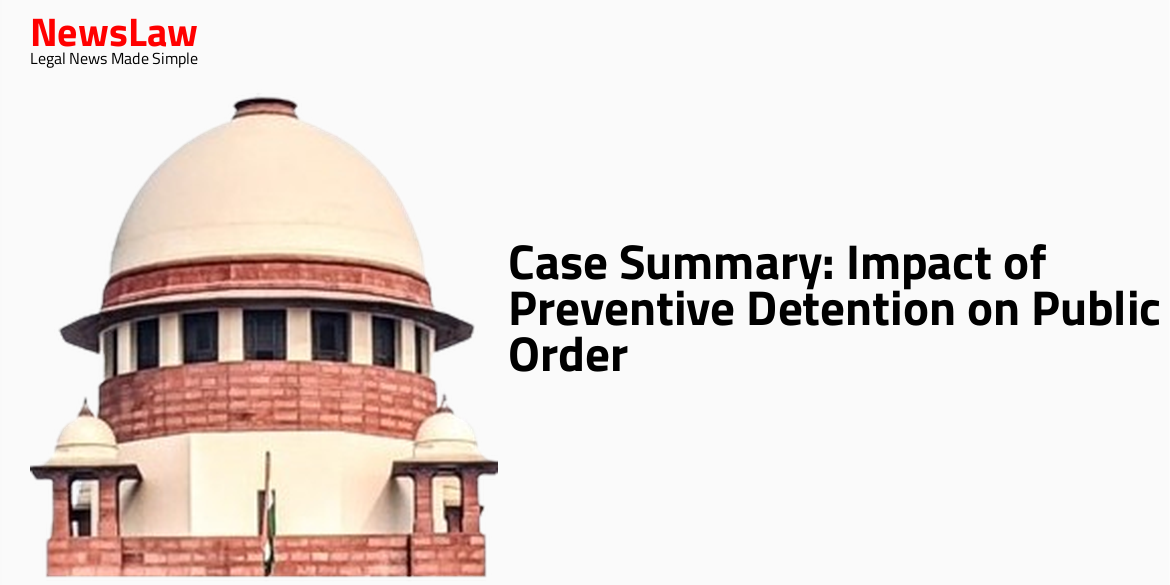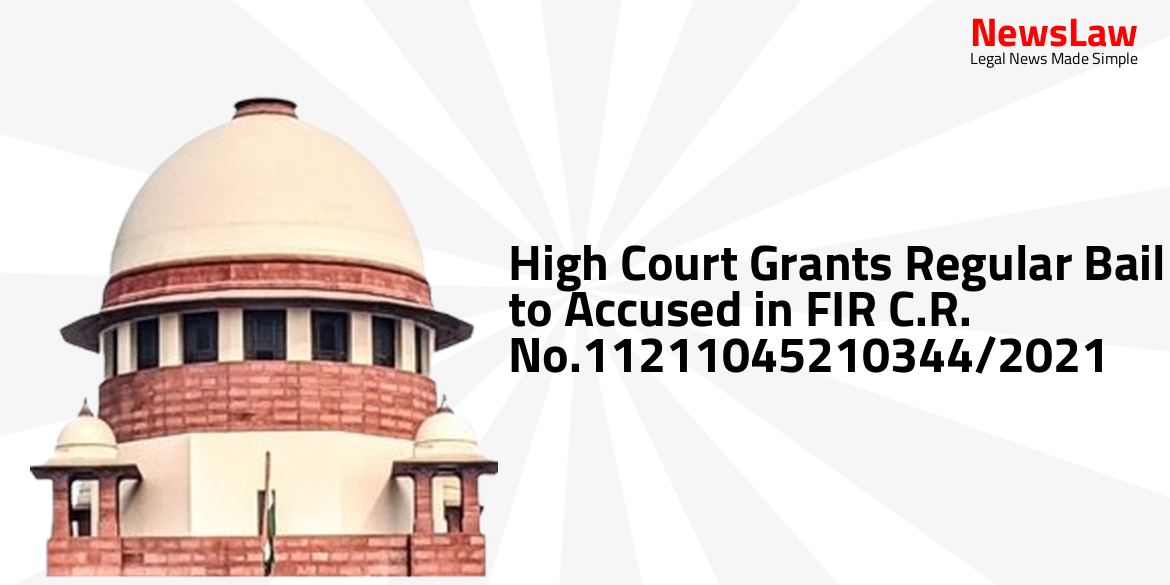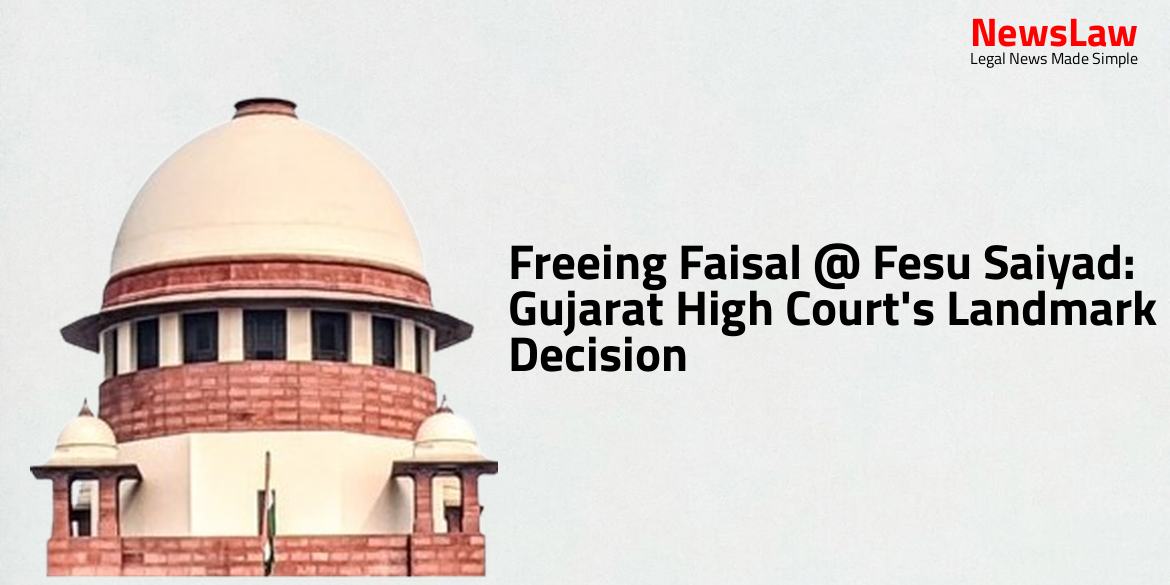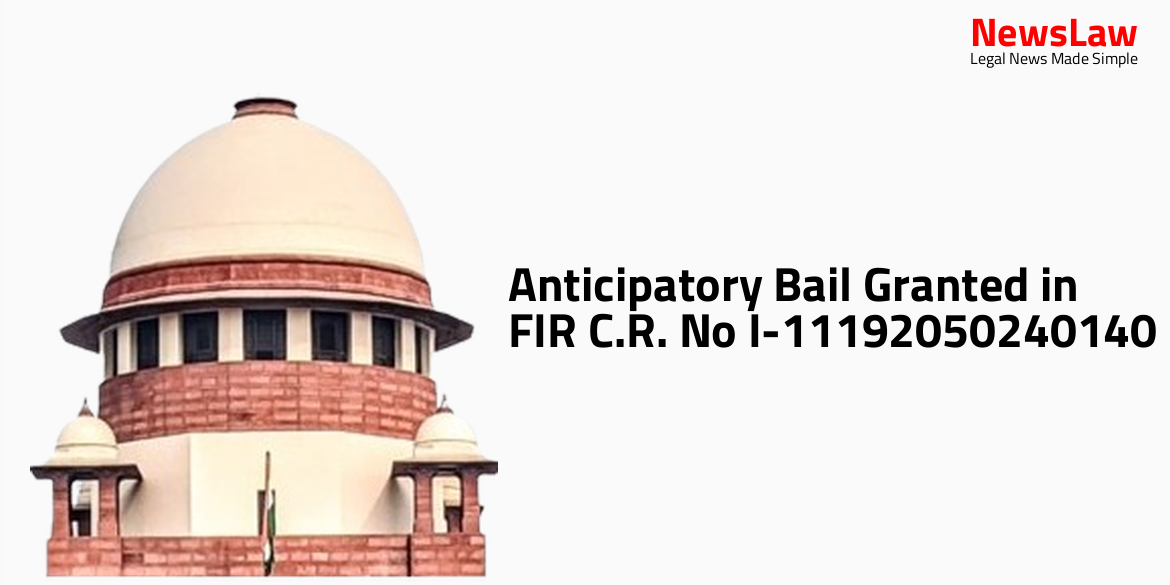In a significant judgment by the Gujarat High Court, the legality and validity of the detention order under the Gujarat Prevention of Anti-social Activities Act, 1985, was challenged by Aakash @ Sittoter Kuldeepbhai Varma. The Court delved into the distinction between law and order versus public order, ultimately quashing the detention order due to insufficient evidence of impact on public order. This case sheds light on the legal complexities surrounding preventive detention in ensuring public order.
Facts
- The petitioner Aakash @ Sittoter Kuldeepbhai Varma was preventively detained under the Gujarat Prevention of Anti- social Activities Act, 1985.
- The detention order was passed by the Police Commissioner, Ahmedabad on 15.01.2024.
- The petitioner challenged the legality and validity of the detention order in this petition.
Issue
- The Detaining Authority passed the impugned order based on the antecedents and past activities of the detenue.
- The purpose of the order was to prevent the detenue from acting in any manner prejudicial to the maintenance of public order in Ahmedabad.
- The issue at hand is whether the order of detention under the Act of 1985 is legally sustainable.
Arguments
- The learned advocate for the detenue argues that the grounds of detention are purely a matter of law and order, not public order.
- The registration of the offense is deemed to have no adverse effect on public order as per the Act of 1985.
- The detenue’s alleged offenses are considered prejudicial only to the maintenance of law and order, not public order.
Analysis
- The detaining authority failed to prove that the petitioner’s alleged anti-social activities affect public order negatively.
- Although incidents of violence involving the petitioner occurred, they do not impact public order.
- The petitioner being a bootlegger does not justify preventive detention unless his activities as a bootlegger affect public order.
- The criminal cases against the petitioner, for which he was granted bail, do not have any bearing on the maintenance of public order.
- The authority wrongly concluded that the detenue’s actions were ‘prejudicial to the maintenance of public order’ based on these criminal cases.
- Disturbance of law and order does not necessarily warrant action under the Preventive Detention Act; it must affect public order to fall within the scope of the Act.
- Not every act of assault or injury to specific persons constitutes public disorder.
- Cases of individual quarrels and fights are considered disorder, not public disorder, and are typically dealt with under ordinary criminal law.
- A contravention of any law affects order, but for it to be considered as affecting public order, it must impact the community or the public at large.
- Mere disturbance of law and order is not sufficient for a detention order under the Preventive Detention Act.
- Offences alleged against the petitioner in the order of detention were considered.
- Allegations made by witnesses were carefully examined.
- The offences or allegations did not create insecurity, panic, or terror among the public.
- No feeling of insecurity or panic was created in the area in question.
- The order of detention could not be upheld due to lack of impact on public order.
- The material on record was found insufficient to show adverse impact on public order.
- The alleged activities of the detenue did not adversely affect the maintenance of public order.
- The subjective satisfaction of the detaining authority was deemed illegal and invalid.
- The petition was allowed based on the insufficient evidence of impact on public order.
Decision
- Direct service permitted.
- Detenue to be set at liberty forthwith if not required in any other case.
- Rule made absolute.
- Order dated 15.01.2024 quashed.
Case Title: AAKASH @ SITTOTER KULDEEPBHAI VARMA Vs. STATE OF GUJARAT
Case Number: R/SCA/2841/2024



